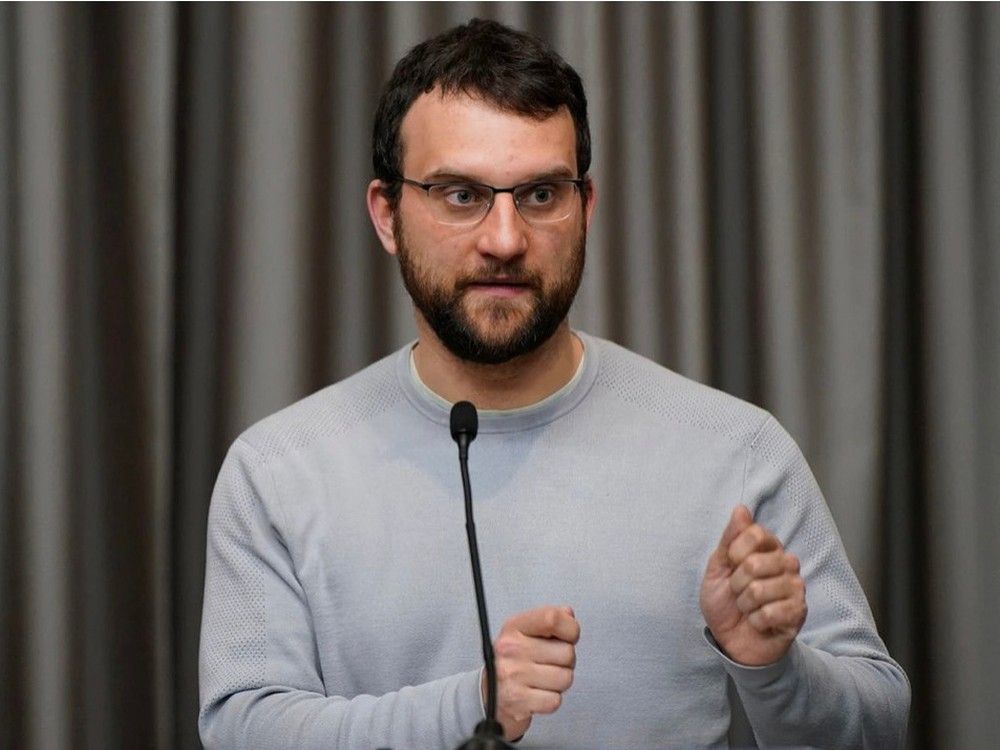[ad_1]
While the extremist six in the majority on the Supreme Court once again asserted their will upon the majority of the populace Friday, we can at least take solace that the minority three have the power to shine a light on the overreach.
Justices Sonia Sotomayor, Elena Kagan, and Ketanji Brown Jackson don’t have the power to decide, but they have the power to inform and to influence. Their words can be all the justification Democrats and President Joe Biden need to take action to reform the court.
RELATED STORY: The Supreme Court is out of control and must be reformed
Sotomayor wrote the dissent for 303 Creative LLC v. Elenis, once again providing the historical and social civil rights context the majority was overthrowing, much as she did her lead dissent Thursday in the decision that overthrew decades of precedent in affirmative action in higher education.
“Five years ago,” she wrote, “this Court recognized the ‘general rule’ that religious and philosophical objections to gay marriage ‘do not allow business owners and other actors in the economy and in society to deny protected persons equal access to goods and services under a neutral and generally applicable public accommodations law. … What a difference five years makes.”
When the civil rights and women’s rights movements sought equality in public life, some public establishments refused. Some even claimed, based on sincere religious beliefs, constitutional rights to discriminate. The brave Justices who once sat on this Court decisively rejected those claims.
“This ostracism, this otherness, is among the most distressing feelings that can be felt by our social species,” she writes. The fundamental point of centuries of civil rights legislation has been to prevent that harm from being felt by whole classes of people—women, people of color, disabled people, LGBTQ people. Sotomayor cites case after case in which business owners came to the Supreme Court to argue that they had a particular right to discriminate in response to every new civil rights law enacted on behalf of each of these protected classes, and in which the court disagreed.
Until now. “Today, the Court, for the first time in its history, grants a business open to the public a constitutional right to refuse to serve members of a protected class,” Sotomayor declared. “Time and again, businesses and other commercial entities have claimed constitutional rights to discriminate. And time and again, this Court has courageously stood up to those claims—until today. Today, the Court shrinks.”
Kagan’s dissent in Biden v. Nebraska, in which the majority revoked President Joe Biden’s student loan forgiveness program, is no less scathing in condemning the overreach of the court. “In every respect,” she begins, “the Court today exceeds its proper, limited role in our Nation’s governance.”
Congress enacted legislation allowing the Secretary of Education to change the terms of student loans after 9/11, she explains. “That may have been a good idea, or it may have been a bad idea. Either way, it was what Congress said.” The education chiefs under two presidents—Donald Trump and Joe Biden—used the authority of that law. “That may have been a good idea, or it may have been a bad idea,” Kagan continues. “Either way, the Secretary did only what Congress had told him he could.”
The Court’s first overreach in this case is deciding it at all. Under Article III of the Constitution, a plaintiff must have standing to challenge a government action. And that requires a personal stake—an injury in fact. We do not allow plaintiffs to bring suit just because they oppose a policy. Neither do we allow plaintiffs to rely on injuries suffered by others. Those rules may sound technical, but they enforce “fundamental limits on federal judicial power.”
[…]
[T]he Court’s role confusion persists when it takes up the merits. For years, this Court has insisted that the way to keep judges’ policy views and preferences out of judicial decision making is to hew to a statute’s text. The HEROES Act’s text settles the legality of the Secretary’s loan forgiveness plan. The statute provides the Secretary with broad authority to give emergency relief to student-loan borrowers, including by altering usual discharge rules. What the Secretary did fits comfortably within that delegation. But the Court forbids him to proceed. … Congress authorized the forgiveness plan (among many other actions); the Secretary put it in place; and the President would have been accountable for its success or failure. But this Court today decides that some 40 million Americans will not receive the benefits the plan provides, because (so says the Court) that assistance is too “significan[t].”
This is a court acting well beyond its scope. Neither of these cases should have been heard by the Supreme Court, just on procedural grounds. One was based on a completely hypothetical complaint; the other was brought by plaintiffs who didn’t have standing to complain. This court majority is intent on doubling down on its illegitimacy with every session, and it has to be stopped.
President Biden was right Thursday when he said, “This is not a normal court.” That was in response to the court’s overturning decades of precedence on affirmative action.
He was wrong when he later told MSNBC’s Nicole Wallace that it would be a “mistake” to expand the court in response. “I think if we start the process of trying to expand the court, we’re going to politicize it maybe forever in a way that is not healthy,” Biden said.
As a certain POTUS we all know would say, “C’mon, man!”
This court couldn’t be more politicized and it couldn’t be more unhealthy. There are three justices who have laid out all the evidence, all the justification.
RELATED STORIES:Supreme Court rejects Biden’s plan to wipe away $400 billion in student loansSupreme Court puts all anti-discrimination efforts in danger
[ad_2]
Source link





















